We invite applications for multiple ERC-funded PhD positions to perform computer simulations of binary stars. You can find more details and application process on a separate website. Deadline for applications is January 15 2026!

Time-domain astronomy group at Charles University, Prague
We invite applications for multiple ERC-funded PhD positions to perform computer simulations of binary stars. You can find more details and application process on a separate website. Deadline for applications is January 15 2026!

We invite applications for postdoctoral position in the area of computational binary star astrophysics. The successful candidate will pursue original research using multi-dimensional simulations of binary stars, contribute to code development, and engage in the group’s scientific activities with optional opportunities to mentor students. Application deadline is 25 January 2026.
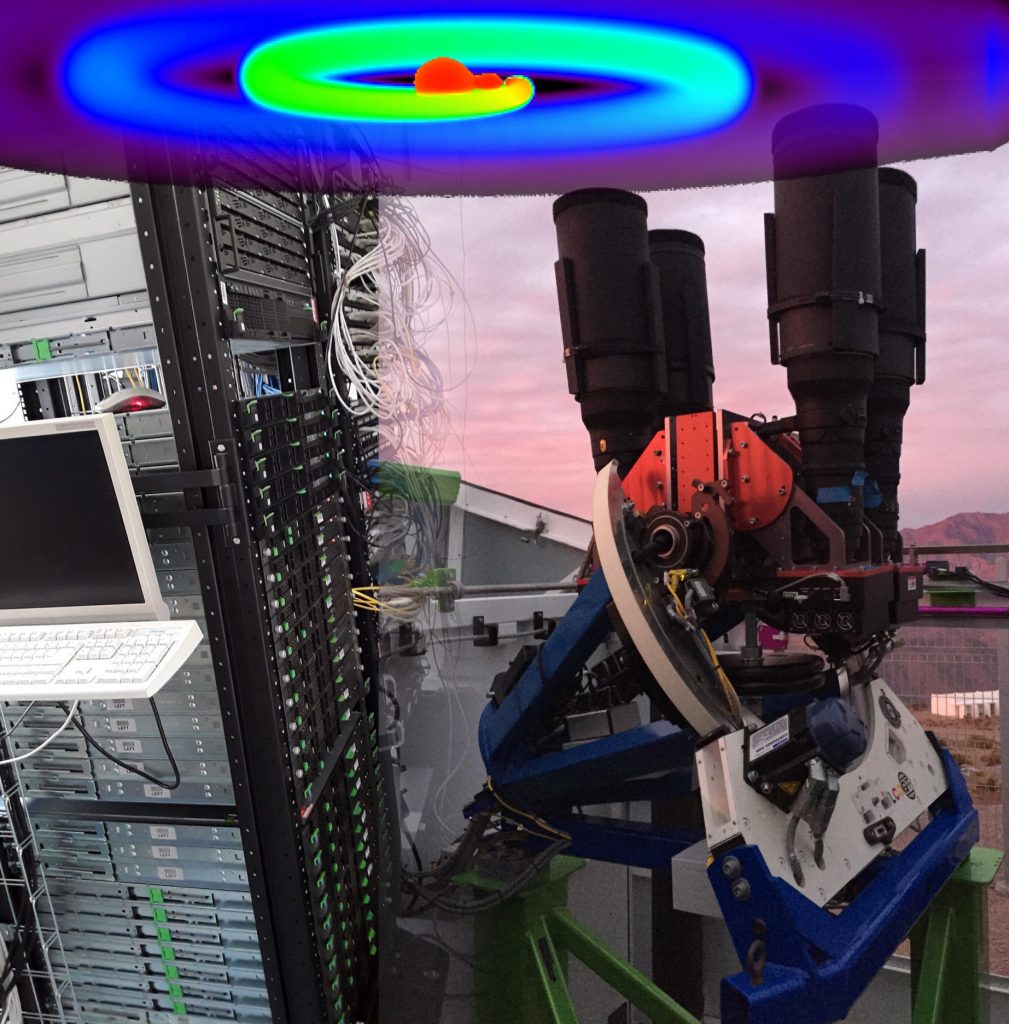
We have good reasons to think that Luminous Red Novae (LRNe) signal the merger of two stars. But what powers the light curves of the brightest extragalactic events? Using radiation transport module developed by Diego Calderón for moving-mesh code JET by Paul Duffell we performed 2D simulations of LRNe powered by shock interaction with a “disky” structure left behind by pre-merger processes. Compared to homologously expanding spheres, shock-powered events are a factor of ~10 brighter and can be about twice as long. Amazing to see how the shock feeds the energy to the rest of the ejecta for reprocessing, while remaining hidden inside. But the photosphere is not spherical and can dramatically change shape if the shock encounters a well-defined outer edge of the CSM, like what can be seen in the raytraced images in the movie below. Signs of this might be found in spectral line profiles and/or polarimetry.
Other issues considered: hydrogen+helium equation of state, tabulated opacites, low effective temperatures, dust formation, irradiation by the central merger remnant.
Accepted to ApJL, this work marks the end of my ERC StG that finished in the summer but I hope it is also just a beginning on the path of making LRNe useful probes of binary evolution!
https://arxiv.org/abs/2508.09257
Congratulations to Jan Kříž for winning the Best student talk award at 57th Conference on Variable Star Research at Ondřejov, Czechia, with his talk titled “Coordinate Systems for the Roche Potential”!

Congratulations to Jakub Cehula for defending his PhD thesis titled Theory of stellar mass loss: from binary stars to magnetars. Good luck in future positions at Tartu Observatory and Slovak Academy of Sciences!

I presented a poster at a meeting of German Astronomical society held at the emerging German Center for Astrophysics (DZA). It was great to see how a new astrophysics institute is established so close to Czechia and Prague.
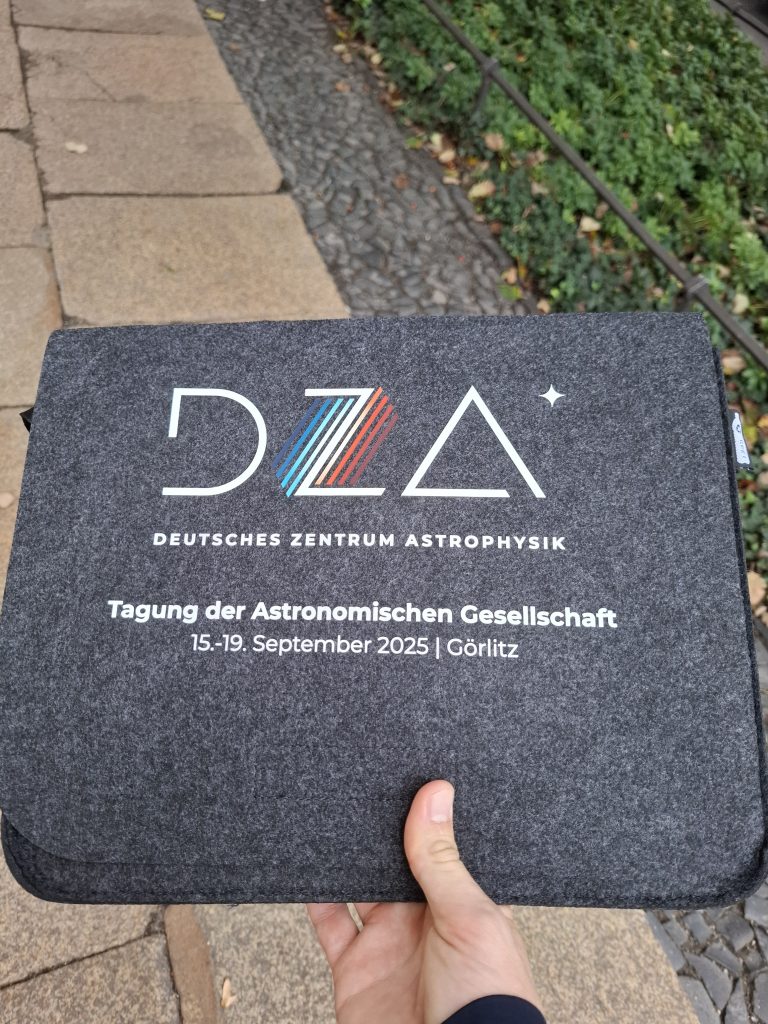
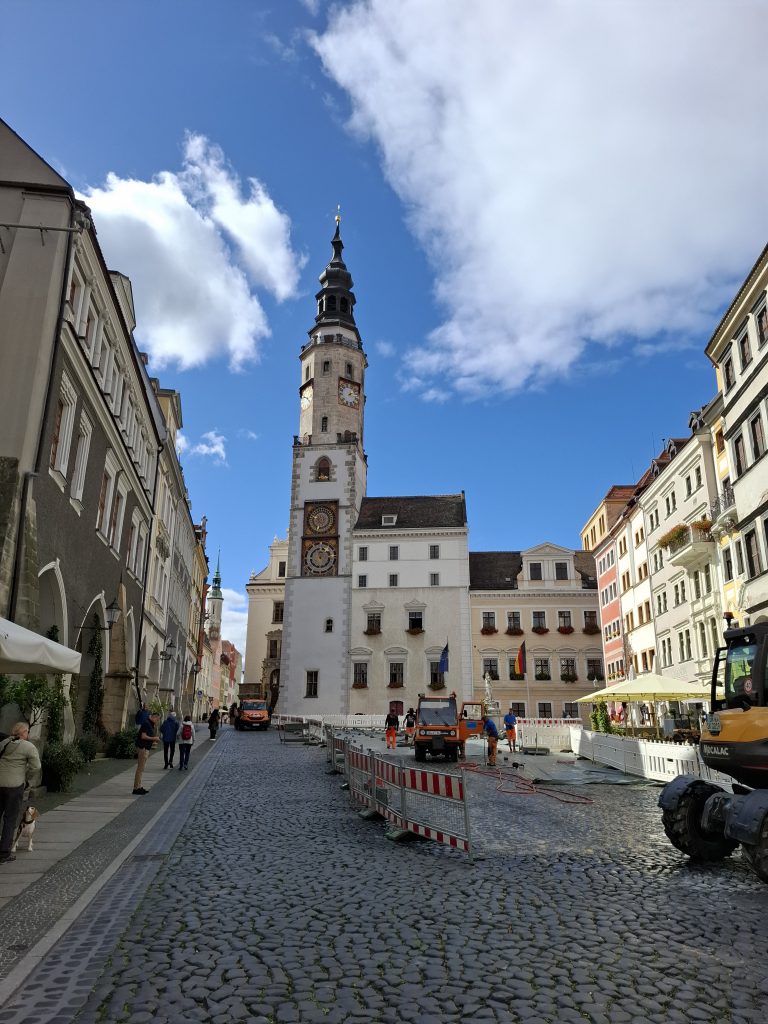
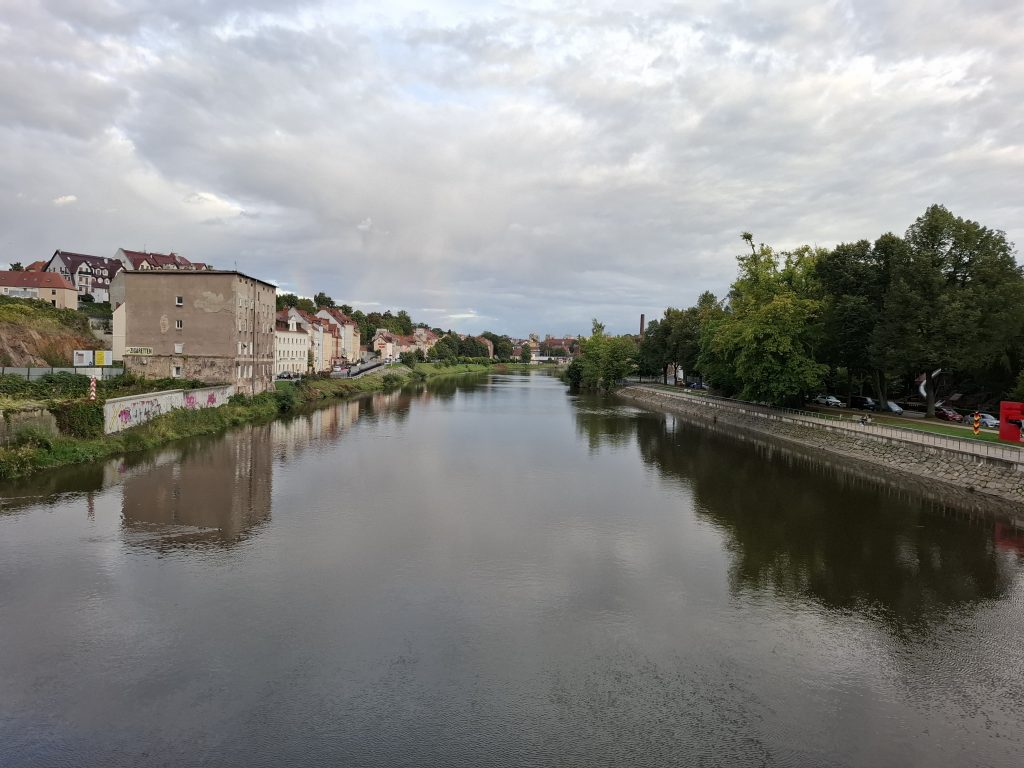
Part of our group participated in the EAS meeting in Cork, Ireland. Jakub Cehula gave a talk and Ondřej Pejcha presented a poster. It was also great so see former students and postdocs as well as greeting old friends and meeting new ones.

It was great to visit Warsaw University Observatory after 8.5 years to give a seminar, reconnect with old friends and meet new ones.
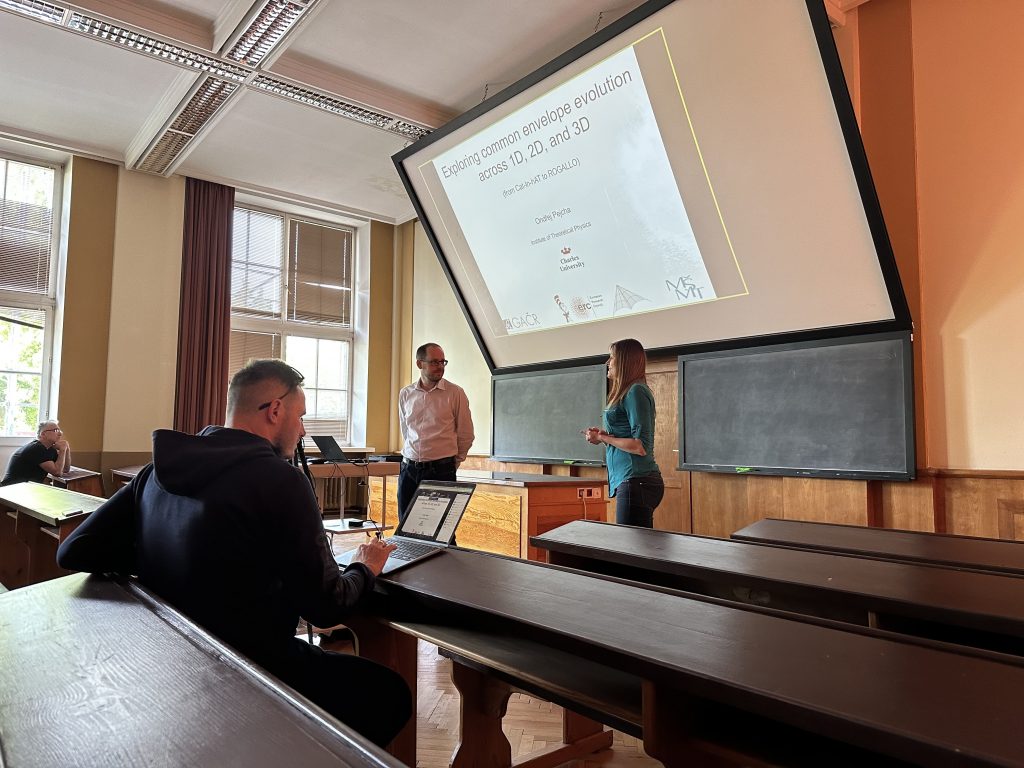
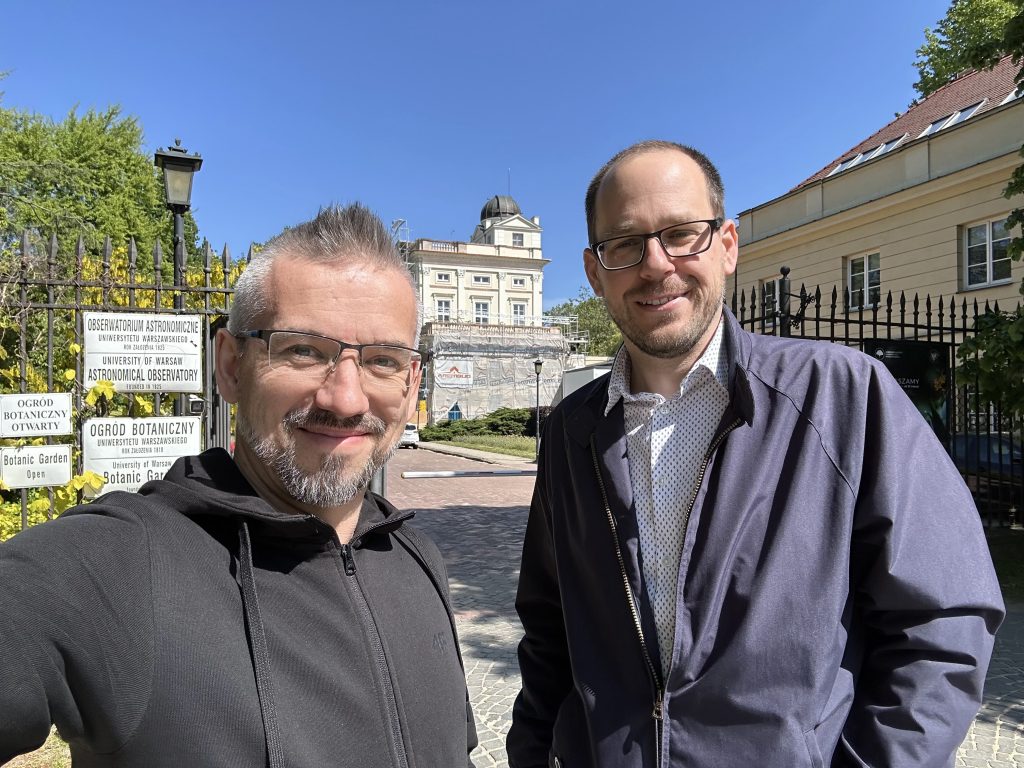
A short but intense trip full of interesting discussions to the US Northeast to visit Center for Computational Astrophysics, Princeton University (gave a presentation at Bahcall lunch), and Brown University (discussed mathematical aspects of ERC ROGALLO).


